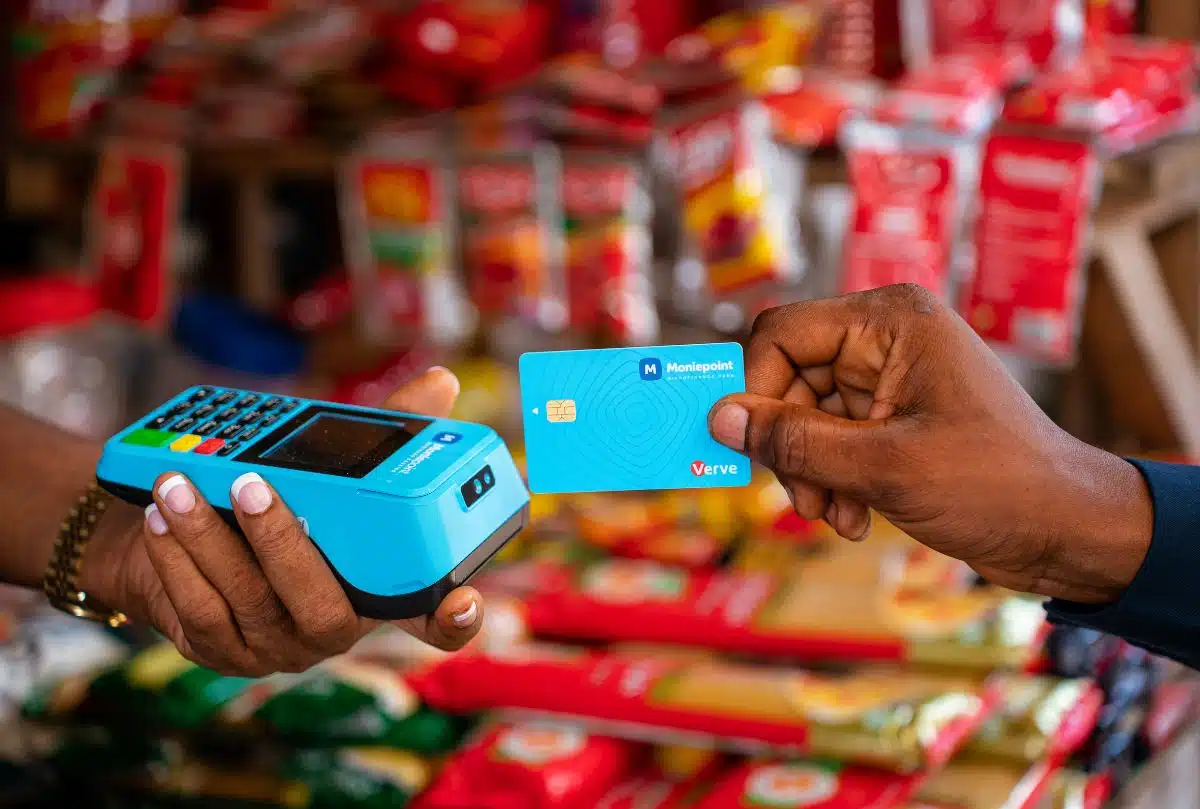Last year, our CEO, Múyìwá Mátùlúkò, posted this tweet detailing his experience opening an account and getting a debit card in ten minutes. But that did not happen in a banking hall but by the roadside and facilitated by one of the over 1.8 million point of sale (POS) agents sprawled across Nigeria.
According to the Access to Finance in Nigeria (2024–2025) report by Intelpoint and Finance in Africa, a staggering 95.4% of respondents depend on these POS agents to access financial services.
In many parts of Nigeria, these agents are the closest most people have come to financial services and have become a lifeline, especially in rural areas where traditional banks are often miles away. But this convenience and access have come at a cost.
The cost of access
Using a POS agent comes at a literal cost. For every ₦5,000 withdrawn, customers typically pay ₦100 to ₦150. If they need ₦20,000, the charges could climb to ₦400 or more. In rural areas where there are fewer agents and even fewer banks, this fee rises even higher.
Over the last two years, as Nigerians battled with a cash crunch, a now-suspended cybersecurity levy, and the ₦50 Electronic Money Transfer Levy (EMTL) on transactions over ₦10,000, the cost of accessing cash at POS terminals has risen, along with heated social media debates over these costs.
It’s no surprise, then, that 58.6% of Nigerians cite high fees as the biggest challenge with agency banking, according to the report. The same percentage say they would like to see lower charges.
For an innovation that was designed to bring financial services closer to those who couldn’t access them, POS agents are putting a significant burden on the people who need them the most.
While cash withdrawals remain the most common use of POS agents by Nigerians, cash deposits (22.8%) and fund transfers (20%) are high up on the list. Additionally, nearly 6% of respondents have used these agents to open accounts with financial institutions.
Interestingly, even in regions where banks are close to the people, 95.9% of respondents use POS agents compared to the 89.8% who use them in regions where banks are not close by. One reason for this could be access to the services individuals may need. While banks may be closer, automated teller machines (ATMs) across the country often don’t have enough cash for users.

Victoria Fakiya – Senior Writer
Techpoint Digest
Stop struggling to find your tech career path
Discover in-demand tech skills and build a standout portfolio in this FREE 5-day email course
Tolerated but not preferred
Despite being the most accessible touchpoint for accessing financial services in the country, only 9.1% of respondents name it as a preferred option. Instead, it lags behind mobile banking apps, debit cards, and even physical bank branches.
While proximity to users has driven the growth of agency banking services in Nigeria, high charges threaten to alienate the very people they’re meant to help. For low-income users who may have to withdraw cash multiple times in a month, those charges add up, eating into their already poor income.
POS agents are proof that Nigerians want to use financial services, but it must evolve beyond simply meeting people where they are physically to meeting them where they are financially. While asking financial institutions to bear the cost of providing these services is counterintuitive, both financial institutions and the regulator must design a fee structure that doesn’t exclude the people it intends to include.











